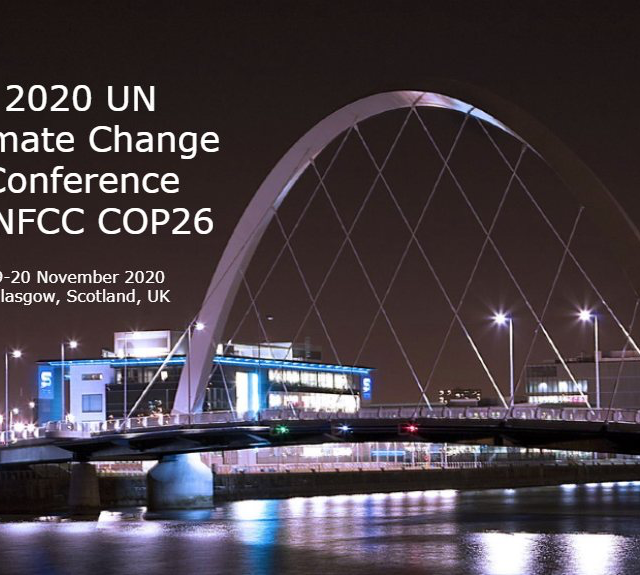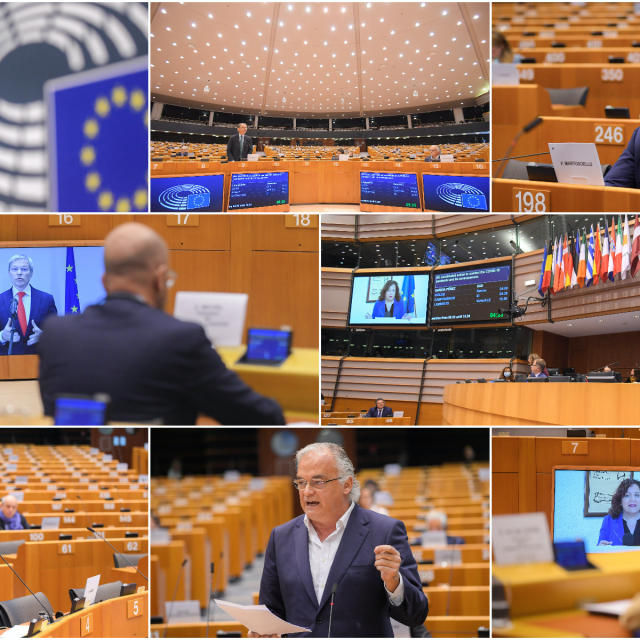Photo by eberhard 🖐 grossgasteiger on Unsplash
A new research project funded by the EU to the tune of €10m will explore how “aerosol-cloud interactions” impact climate and extreme weather events.
The initiative will also investigate the Paris Agreement’s success in limiting global warming.
The project, called CleanCloud and funded under the Horizon Europe programme, is coordinated by Ulas Im, a senior scientist at Aarhus University.
The CleanCloud consortium aims to advance the knowledge and models to predict climate change.
Scientific coordinator of the project is Athanasios Nenes, an affiliated researcher at the Foundation for Research and Technology Hellas in Patras, Greece and a Professor at the Ecole Polytechnique Federale de Lausanne in Switzerland.
Im told this site: “By contributing to improved predictions of climate and extreme weather like heavy rainfall, the research in the CleanCloud project will be crucial for peoples’ lives in a changing climate.”
“In a post-fossil future, we expect cleaner clouds compared to today, with consequences for precipitation, including thunderstorms and extreme snow and rain”, explained Im.
The 4-year long, research project was launched this week with researchers from 20 institutions in 12 European countries.
It will concentrate on how aerosols interact with clouds and through different approaches combining field and laboratory experiments, statistical and machine learning analysis and satellites.
CleanCloud will closely work with a wide range of stakeholders (like NASA, ESA and the IPCC) and engage with the broader community to maximize its impact.
Aerosols are small particles in the air that can either be natural, like sea salt or fog, or be created by human activities, such as pollution.
According to the IPCC’s 6th Assessment Report, the interactions between aerosols and clouds still represent the largest uncertainty of past, present and future radiative forcing and thus hamper the credibility of climate projections.
The European Union aims to be climate neutral by 2050.
This objective is at the heart of the European Green Deal and in line with the EU’s commitment to global climate action under the Paris Agreement.
Nenes said, “There are large uncertainties associated in our current understanding of the Earth system and its response to human actions.”
“We need to close those knowledge gaps to be able to predict to what extent the Paris Agreement can be met and what changes lie ahead for us”, Nenes explained.
Key findings from CleanCloud are expected to make significant scientific, policy and societal impacts.
Reduced uncertainties in climate models, better long-term climate predictions at seasonal and decadal time scales and predictions of extreme events are some of the expected outcomes.




